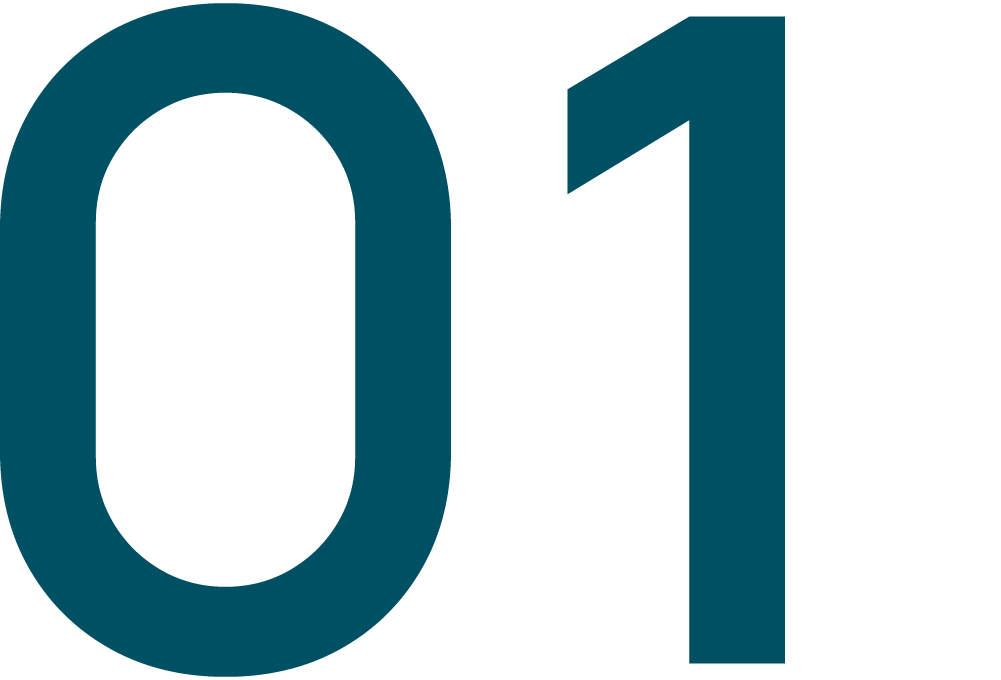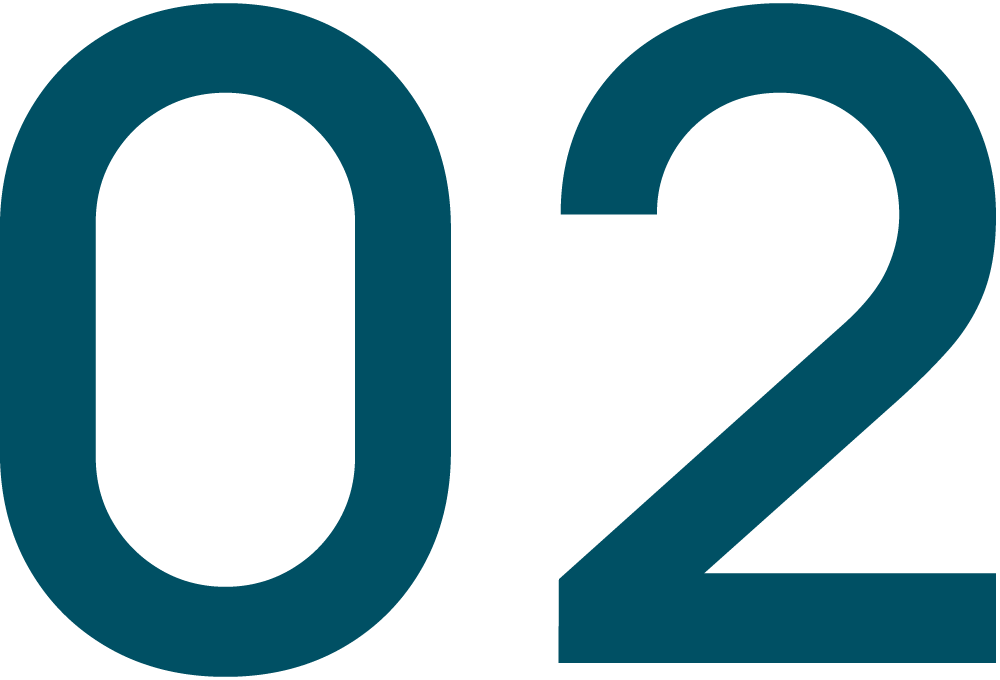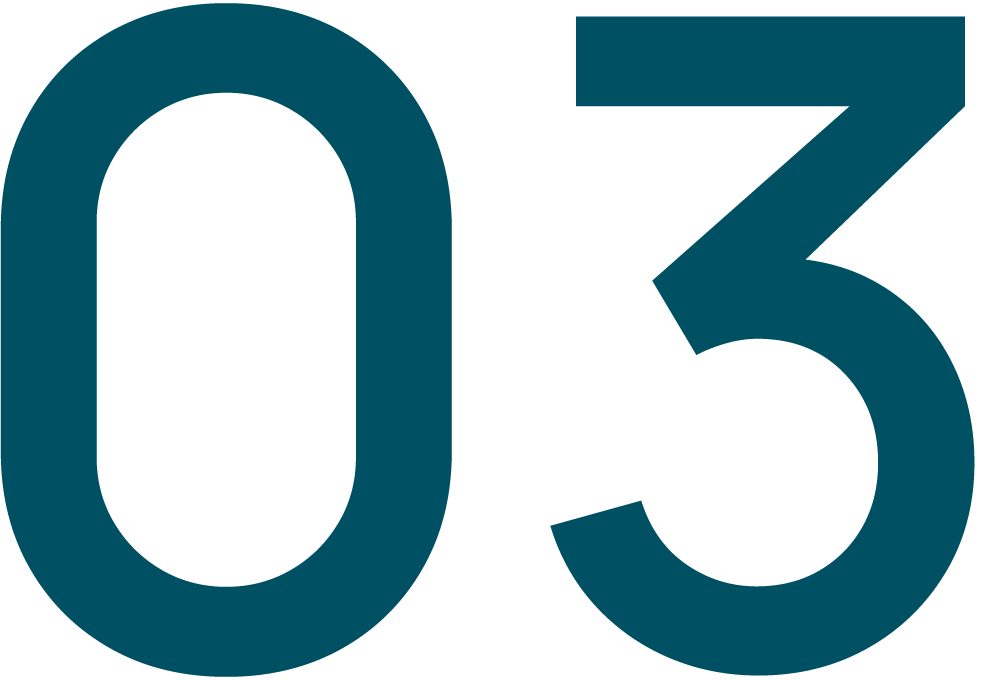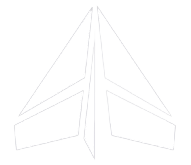Why Choose Us
Why you need to choose Fly Delta Wing?
Welcome to Delta Wing Aviation Academy, where we prepare you for takeoff. As a distinguished leader in the aviation education field, Delta Wing is a premier Aviation Ground School accredited by the Federal Aviation Administration (FAA) in the United States and proudly listed in the International Civil Aviation Organization (ICAO) directory in Montreal, Canada. We are committed to setting new standards for aviation education, combining comprehensive academic instruction with real-world applications to cultivate the next generation of aviation professionals.
Our mission is simple: to empower aspiring pilots and aviation experts to soar to new heights. At Delta Wing, we offer a comprehensive curriculum that prepares you for success, blending classroom learning with hands-on demonstrations to ensure you are fully equipped for all FAA oral and written exams. As an FAA-approved Ground School, our courses are led by certified instructors with vast experience in both flight and ground training. Additionally, we provide expert-level instruction for the Flight Radio Telephony License, preparing you for every aspect of the aviation industry.
At Delta Wing, we understand that choosing the right flight school is crucial to your future in aviation. Whether you’re pursuing FAA Part 141 or Part 61 certifications, we guide you through each step of your training journey. Our expert advisors offer personalized career support, ensuring that you have the knowledge, skills, and confidence needed to succeed. With an expansive network of global partnerships, we collaborate with aviation academies in the United States, South Africa, Canada, Maldives, India, and Australia, providing an international perspective to your training.
We are more than just a flight school; we provide the specialized technical expertise that sets you apart. Our advanced courses in flight planning software, data link communication, and international flight planning give you the edge needed for Operations Control Centers (OCC) and the highly competitive aviation industry. Whether you are a budding pilot or an aspiring operations professional, we prepare you to tackle the most challenging aspects of global flight operations.
Our commitment doesn’t stop with education—we also offer essential airline employment guidance. From preparing for entrance exams and interviews to coaching for group discussions and psychometric evaluations, we help our graduates secure rewarding positions with leading airlines worldwide. Hundreds of Delta Wing graduates have successfully launched their careers in the middle east and beyond, landing prestigious roles with top airlines.
At Delta Wing Aviation Academy, your success is our priority. Join us and take the first step toward a career that knows no limits.
Time Efficiency
Ground school training with an approved academy in your home country helps you build the necessary aviation knowledge for the course you intend to pursue, saving you significant time.
By completing your ground school locally, you can focus more on practical training and flying once you arrive in the USA, which accelerates your progress.
In contrast, ground school in the USA can be more time-consuming, often requiring a full-time commitment, especially for students without prior knowledge. For example, the average Private Pilot student in the USA may spend 40 to 50 hours in ground school alone, while IR and CPL courses require around 200 to 220 hours of ground school and 50 to 60 hours of simulator training.
Additionally, students may need to book extra classes to cover specific topics they find challenging.
Quality of Training
While ground schools in the USA may offer a high level of expertise, many aviation academies worldwide provide comparable training, led by experienced instructors who are well-versed in international aviation standards.
As an approved ground school, we deliver the same standard of training right at your doorstep.
Cost-Effectiveness
Flight training in the USA can be significantly less expensive, but ground school can be very costly. Ground school fees typically range from $80 to $120 per hour, which is approximately 400 AED per hour.
If you spend an average of 50-70 hours in private pilot ground school, and for an instrument rating, you will spend more—typically 70 to 120 hours in ground school, and for a commercial license, approximately 30 hours. This can quickly add up to a large portion of your total training costs, with the ground school potentially accounting for 30% of the overall expenses. Additionally, flight schools may charge a 100% no-show fee if you miss a scheduled ground or flight training session.
Flight schools in the USA maintain high standards and expect pilots to have a strong grasp of their knowledge. Many pilots, while trying to manage school payments and avoid attending ground classes, think they can save money by skipping them and spending it on flight time instead. This can result in a lack of understanding of flight characteristics, which is crucial for safe and effective flying. As a result, it often leads to the need for additional ground school sessions.
" In contrast, completing your ground school in your home country is often much more affordable, while still offering the same standard and quality of instruction with the same licensed instructors, at a fraction of the cost.
Moreover, by training locally, you can save on accommodation, travel, and other expenses associated with training abroad, making it a much more cost-effective option for many aspiring pilots."
Practical Experience
External factors such as weather, aircraft maintenance, and examiner availability can impact your proficiency in both flight and ground knowledge. For this reason, it is highly recommended to establish a strong foundation in ground knowledge before beginning your actual flight training.
Once students have gained a solid understanding of aviation principles, navigation, meteorology, and regulations, a mock oral exam will be conducted at our flight school, along with practical flight procedures in a simulator.
After successfully satisfying the Chief Ground Instructor's endorsement, you can begin your flight training abroad and complete it in less than 8 months.
Conclusion: Local vs. USA Ground School
In summary, completing your pilot ground school training in your home country and focusing solely on flight training abroad offers significant advantages in terms of timesaving, cost-effectiveness, and practical understanding.
This approach still provides you with all the knowledge and endorsements you need for exams. With simulator training included, you can be confident that you're receiving the same high-quality instruction as you would in the USA - without the higher expenses and time commitments.
We are dedicated to preparing you for a successful career in aviation by equipping you with the knowledge, skills, and confidence to soar.
We look forward to welcoming you to our academy and helping you achieve your aviation dreams!
Other Exclusive Services
At Delta Wing Aviation Academy, we go the extra mile to ensure a smooth and successful training journey.
OUR MISSION & VISION
Experience International Learning
Get to know about Fly Delta Wing Mission and Vision and enroll in the Courses Now!

OUR MISSION
At Delta Wing Aviation Academy, our mission is to provide world-class aviation education that empowers aspiring pilots and aviation professionals to reach their full potential. We are dedicated to cultivating excellence through a combination of comprehensive academic instruction, hands-on training, and personalized career guidance.
With a focus on real-world applications, we aim to equip students with the knowledge, skills, and confidence necessary to succeed in the ever-evolving aviation industry.
By fostering a global network of learning, we strive to create leaders in aviation who will excel across diverse aviation roles and operations worldwide.

OUR VISION
At Delta Wing Aviation Academy, our vision is to be a globally recognized leader in aviation training, distinguished for excellence in education and professional development.
We are committed to empowering the next generation of aviators with the skills, knowledge, and confidence necessary to thrive in the dynamic aviation industry.

Start Learning Right Away
We envision a future where our graduates not only meet but surpass industry standards, embodying professionalism, safety, and excellence in every facet of their careers. By fostering a culture of continuous improvement and innovation, we aim to set the global benchmark for high-quality training while building strong partnerships across the international aviation community.
Our dedication to nurturing our staff ensures a vibrant and collaborative workplace, where creativity, growth, and career advancement are encouraged. This empowers Delta Wing Aviation Academy to remain at the forefront of aviation education.
Why Choose Us
Why Choosing the Right Flight School Matters
Choosing the right flight school is one of the most important decisions you’ll make in your aviation career. The right school not only provides the best quality training but also ensures that you are equipped with the knowledge, skills, and certifications you need to succeed.
Here’s why it’s critical to choose carefully:
Accreditation and Certification
The best flight schools are accredited and recognized by aviation authorities like the FAA, FAA, TC, CASA, DGCA, or SACAA. These certifications ensure that the school adheres to high industry standards, offering safe and reliable training.
Without the proper accreditation, you may find yourself receiving subpar training, which could delay your career and leave you with certificates that are not recognized globally.
Experienced and Licensed Instructors
A professional and licensed instructor is essential for quality training. Some schools may employ inexperienced or unqualified instructors who might compromise your learning experience.
It’s important to verify the credentials of your instructors and the school to ensure you’re receiving quality education from professionals who truly care about your success.
Transparent Costs and No Hidden Fees
A reputable flight school provides clear, upfront information about the costs involved in your training. Unfortunately, some schools may try to scam trainee pilots by hiding additional fees, requiring unnecessary extra training sessions, or inflating costs without clear justification.
By choosing a flight school with transparent pricing, you avoid unexpected financial burdens that could hinder your progress.
Equipment and Facilities
Top-tier flight schools invest in modern, well-maintained aircraft and simulators to ensure you get hands-on training with the latest technology.
Some schools may use outdated or poorly maintained equipment, which could affect the quality of your training and potentially put your safety at risk.
Weather Conditions, Airspace, and Operational Delays
The location of the flight school plays a crucial role in your training experience. Schools based in regions with unpredictable or extreme weather conditions can lead to delays, as weather can affect flight schedules and make planning difficult.
Additionally, training in areas with varied weather patterns provides valuable experience in handling different flying conditions. Schools situated near busy airports or within complex airspace offer the opportunity to train in high-traffic environments, which is essential for developing skills in communication and navigation under challenging conditions.
Furthermore, proximity to these airports may involve waiting times for taxiing, takeoff, and clearance to exit the airspace, which can add additional time to each flight.
This teaches patience and adaptability, while also preparing you for real-world operational delays, ensuring you're equipped to handle the pressures of aviation with confidence.
Student Reviews and Reputation
Before enrolling, always research student reviews and alumni success stories. Reputable schools have positive feedback from past students who have gone on to successful aviation careers.
Schools that engage in questionable practices often have poor reviews and a negative reputation among former trainees.
How Flight Schools May Take Advantage of Trainee Pilots
Unfortunately, not all flight schools have the best interests of their students at heart. Some may engage in practices that exploit aspiring pilots:
- Excessive Training Hours
Some flight schools might push you into taking more training hours than necessary to inflate costs. While it’s important to get ample flight time, a good school will focus on efficient, quality training rather than maximizing the number of hours you fly for financial gain. - Hidden Costs
Certain flight schools may advertise a low base price but fail to disclose additional costs for things like textbooks, simulator training, fuel surcharges, or even test fees. These hidden costs can quickly add up, making the training far more expensive than initially promised. - Misleading Promises
Some schools may lure you in with promises of quick job placements, but in reality, they have no direct connections with airlines or aviation companies. While a good school will help you prepare for the job market, it’s important to be cautious of schools that guarantee jobs without a clear pathway to employment. - Substandard Facilities or Aircraft
To cut corners, some flight schools may use old or poorly maintained aircraft, which can affect both your safety and learning experience. A professional flight school will have well-maintained, modern aircraft and up-to-date training tools. - Weather and Airspace Challenges
Some schools may be in areas with limited access to diverse weather conditions, or near less busy airports, which could limit the scope of your training. A school that doesn’t expose you to busy airspace and varying weather conditions may not be fully preparing you for the challenges of commercial flying or real-world aviation.
“At Delta Wing Aviation Academy, we take great pride in offering transparent pricing, experienced instructors, modern facilities, and a focus on quality training. We will guide the students to the right flight school, considering all of the above conditions. Our goal is to lead you toward a successful career in aviation with honesty, integrity, and hands-on experience in real-world flying situations.”
How might students unknowingly or knowingly incur unnecessary expenses
Trainee pilots may unknowingly or knowingly spend unnecessary money in several ways:
- Flying from a busy airport: Spending 40-50 minutes just taxiing and waiting for takeoff due to airport congestion, which could increase flight costs unnecessarily. Statistics show that pilot training students at busy airspace and airports spend between $13,000 and $16,000 just for taxiing.
- Flying to a nearby, less congested airport: Although this may be a good option for practice, the time spent getting to the airport adds extra cost and could be better utilized for actual flying time.
- Skipping ground school to save money: Many pilots, while trying to manage school payments and avoid attending ground classes, think they can save money by skipping them and spending it on flight time instead. This can result in a lack of understanding of flight characteristics, which is crucial for safe and effective flying. It often leads to the need for additional ground school sessions, and this lack of knowledge may cause conflicts between the instructor and the student.
- Not scheduling continuous flights: Scheduling flights with long breaks in between can lead to a loss of proficiency, meaning students may need more flight time overall, resulting in higher costs.
- Not monitoring account statements after daily flights: Failing to track flight costs and account balances can result in unexpected charges and financial mismanagement.
- Multitasking and daydreaming: Focusing too much on future goals rather than staying focused on the current flight lesson is known as “daydreaming” in aviation. This can lead to missed learning opportunities and a lack of focus during training.
- Not asking questions during post-flight briefings: Failing to engage with the instructor after flights means missing out on valuable feedback and learning opportunities.
- Instructors potentially milking flight time: Some instructors may intentionally extend flight hours to log additional time, using the student’s money. Students may not realize this is happening, resulting in unnecessary flight costs.
- Not making lesson plans with the instructor: Failing to establish a clear, focused lesson plan can lead to inefficient use of flight time and unnecessary expenses.
- Engaging in activities that lead to legal issues: Participating in activities like drinking alcohol and getting a DUI can result in losing a pilot’s license. The FAA is strict about DUIs, and this can have serious consequences for a pilot’s career.
Get Started
Start Your Course Today!
We look forward to welcoming you to our academy and helping you achieve your aviation dreams!

Welcome to Delta Wing Aviation Academy
Copyright © 2025 Fly Delta Wing
